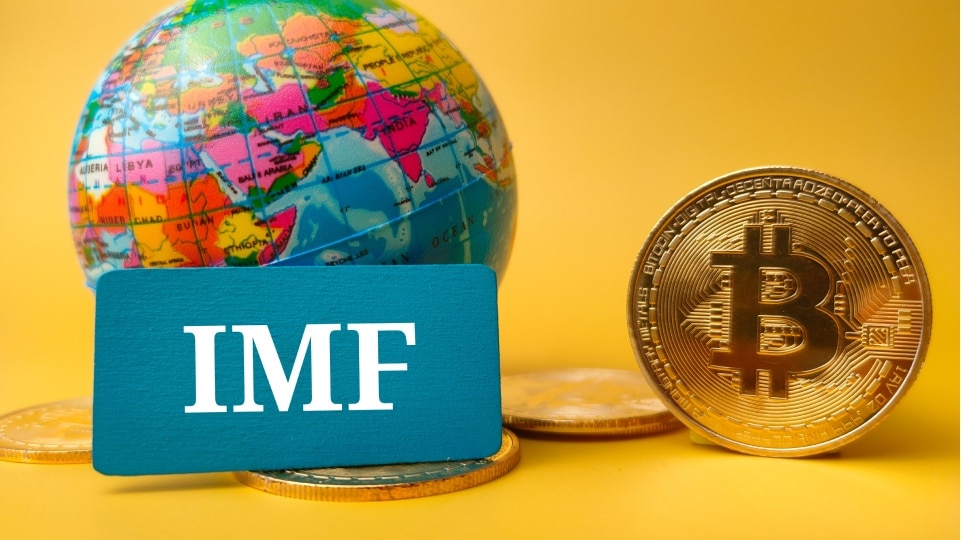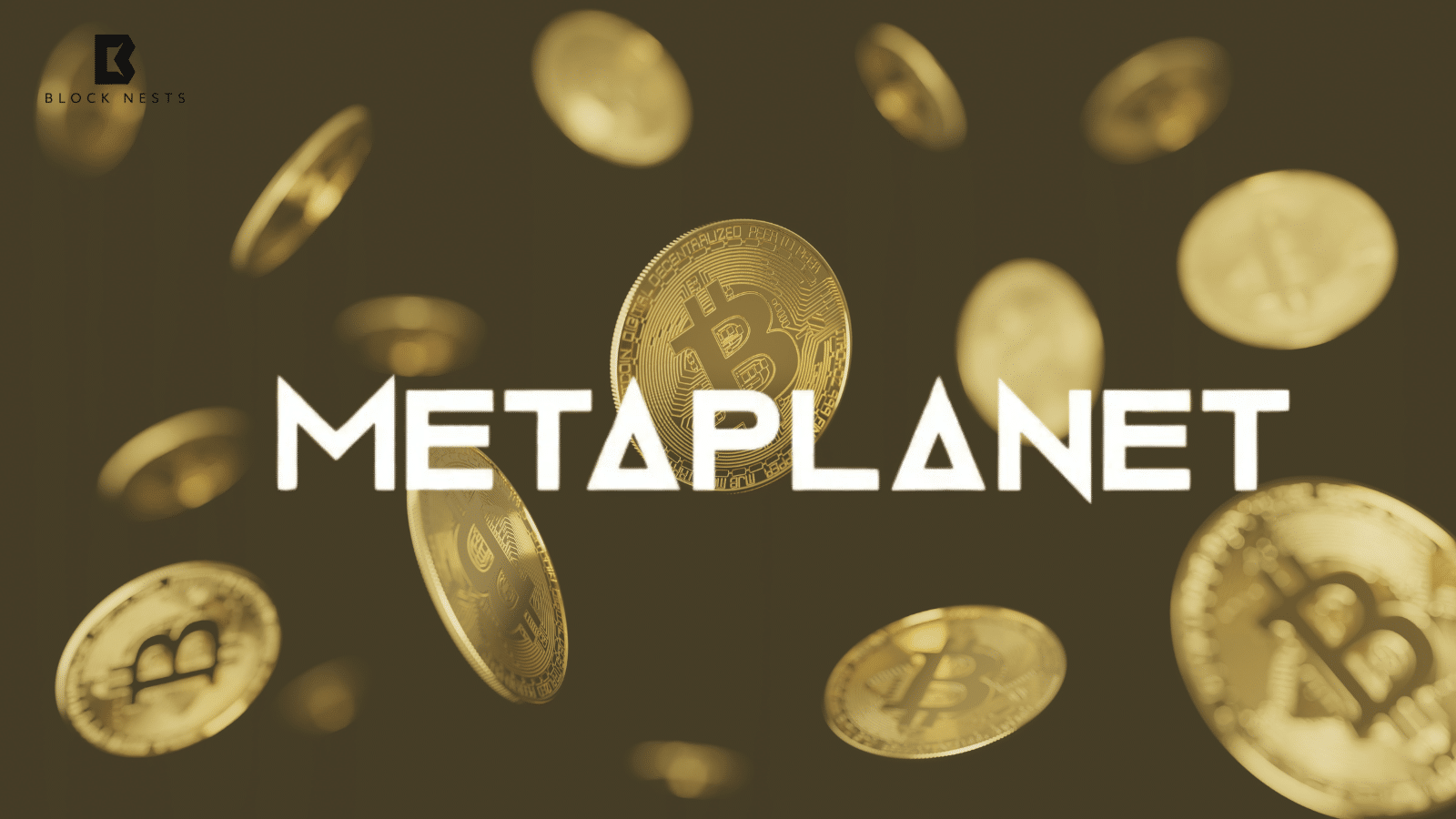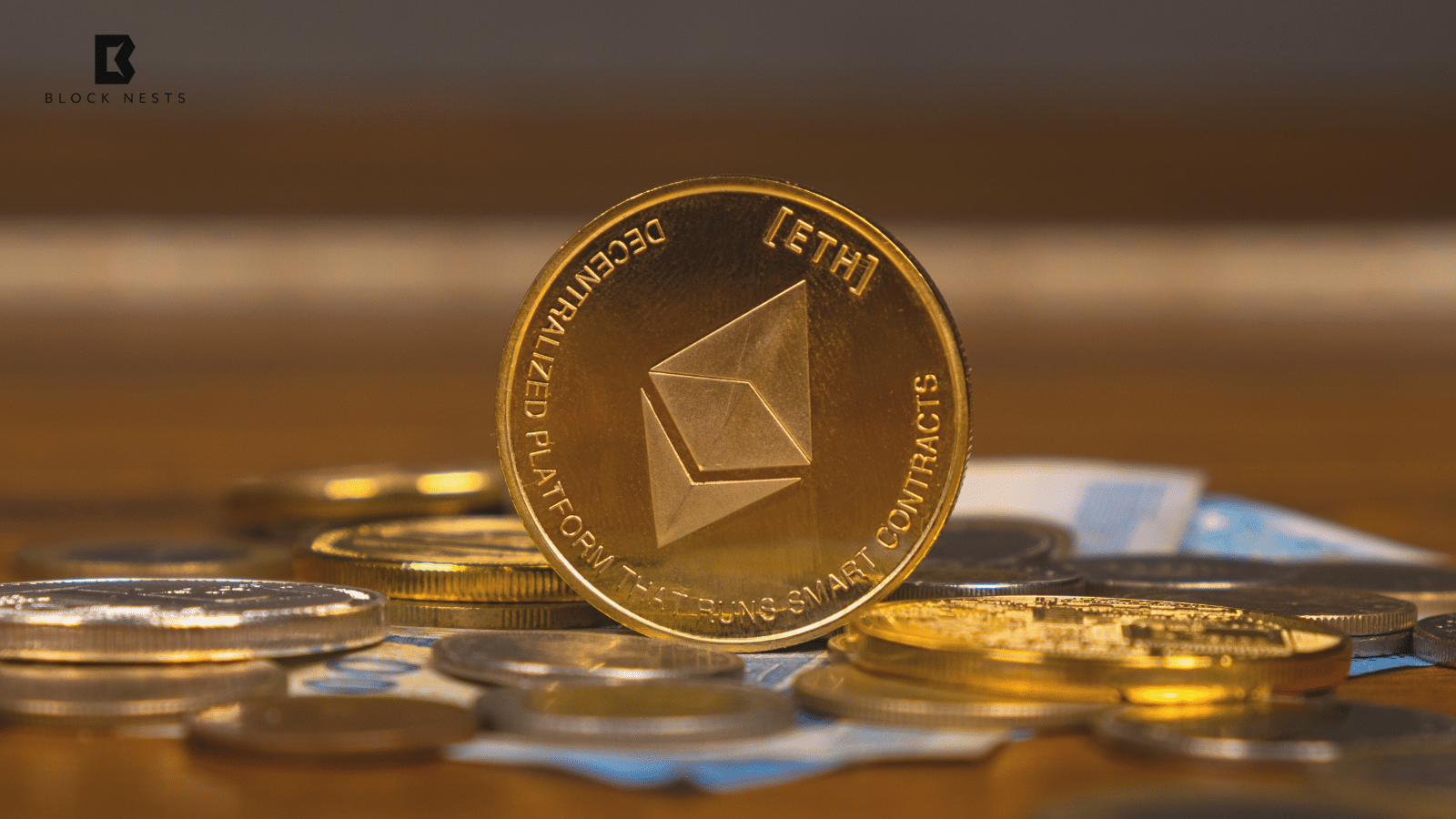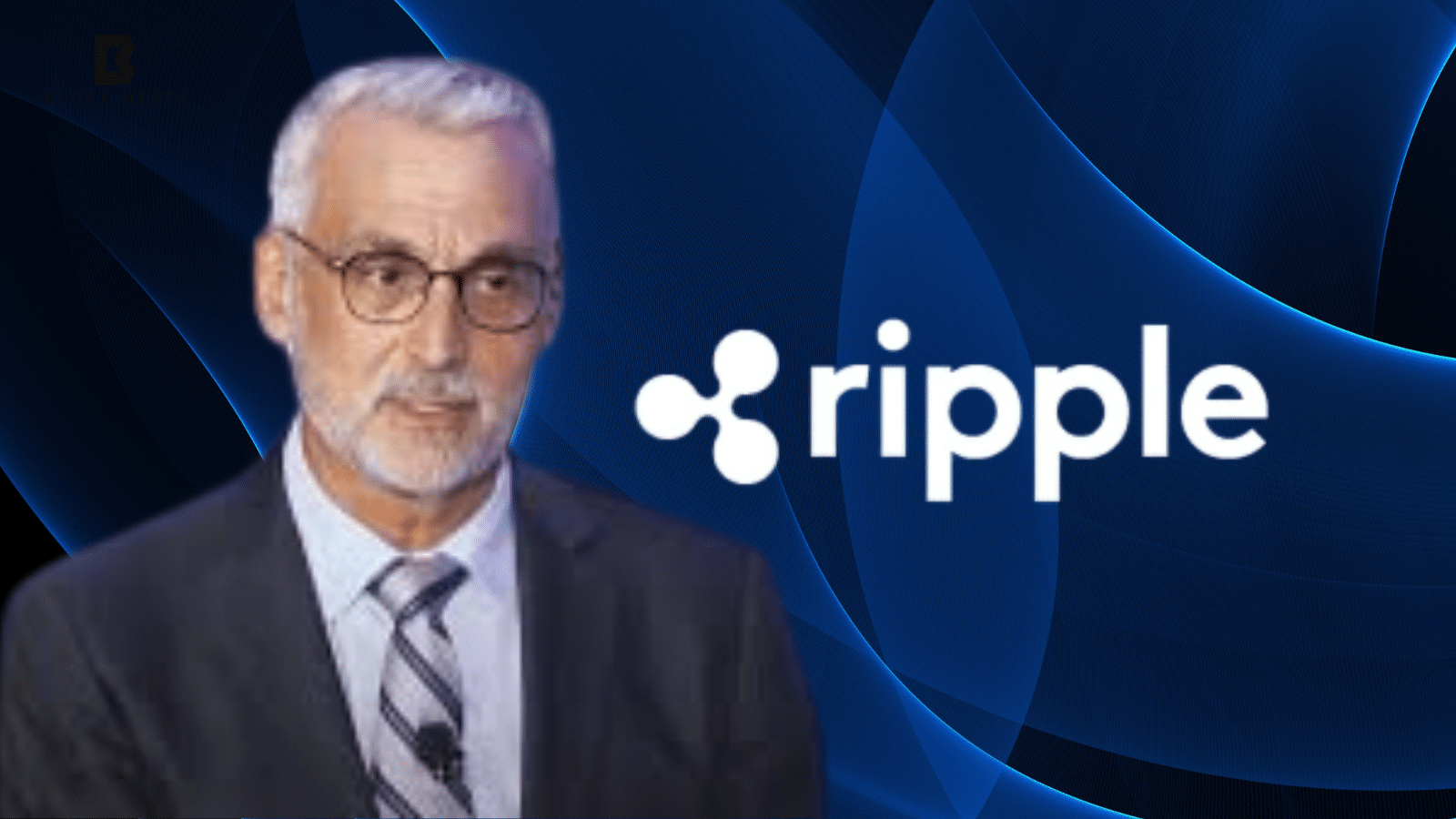- The IMF has officially included Bitcoin in its global financial framework, marking a milestone for cryptocurrency recognition.
- Controversy arose over the IMF’s wording, as some misinterpreted its stance on Bitcoin as “digital gold.”
- Analyst Dennis Porter clarified that while the IMF acknowledged Bitcoin as a store of value, it did not equate it to gold.
The International Monetary Fund (IMF) has recently updated its balance of payments standards to include the increasing importance of digital assets like Bitcoin (BTC). The IMF is officially including cryptocurrencies in global economic reports for the first time and is trying to incorporate the assets into its broader financial framework.
Nevertheless, this breakthrough quickly spawned contention and argument within the crypto community, particularly with regards to the IMF’s use of the term “digital gold” when referring to Bitcoin. The term caused a stir across social media platforms. Many presumed it was an explicit endorsement of Bitcoin as a reliable store of value akin to gold. Yet one prominent figure in the industry, Dennis Porter, was in no manner quick to challenge that view.
Porter, whose in-depth analysis and commentary on crypto are widely followed, posed a simple yet pointed question: “Can anyone point to exactly where the IMF says Bitcoin is ‘digital gold’?” His inquiry prompted a closer reading of the IMF official release, and it transpired that the institution had actually referred to Bitcoin as a “new digital asset designed to be used as a means of payment or act as a store of value.”
Ok I’ve tracked down why people are claiming the IMF said Bitcoin is digital gold.
— Dennis Porter (@Dennis_Porter_) March 23, 2025
“new digital assets designed to be used as a means of payment or act as a store of value.”
This is a massive stretch to jump to:
“IMF says bitcoin is digital gold”.
The key phrase is… https://t.co/2bWMbIdRgK pic.twitter.com/wEm7ht62CZ
IMF Explains Bitcoin’s Volatility and Its Asset Status
Porter explained the origin of the confusion, noting that although the IMF did point out Bitcoin’s twin potential to both be a medium of exchange and a store of value, it didn’t clearly call the cryptocurrency “digital gold.” In Porter’s view, that interpretation was a stretch. The IMF’s language was more measured, recognizing Bitcoin’s potential without predetermining it as a stable asset.
He highlighted the importance of the phrase “designed to be,” making clear that it is not implying that the IMF is approving Bitcoin as “digital gold” or guaranteeing its stability or intrinsic value like gold. Unlike gold, which has centuries of proven stability, Bitcoin’s volatility remains controversial, with its price often swinging wildly.
The BPM7 update of the IMF has officially included Bitcoin and cryptocurrencies in the international financial system. The update introduces guidelines on crypto reporting and monitoring. It categorizes Bitcoin as a non-productive capital asset and stablecoins as financial products. It enhances transparency on crypto transactions by accounting for mining and staking under computer service export/imports.
IMF and Trump Push for Bitcoin’s Role in Global Finance
The IMF’s approval comes as institutional demand for BTC is at an all-time high, further cementing the cryptocurrency’s role in global finance. That momentum was recently echoed by President Trump’s Executive Director of Digital Assets. During a discussion on its potential as an inflationary hedge, he referred to Bitcoin as “digital gold.”
As Bitcoin’s exposure continues to increase, it’s also catching the eye of policymakers. The Trump administration is actively considering ways to increase the U.S. BTC Reserve without impacting the federal deficit. One potential avenue is through the use of gold certificates to fund Bitcoin purchases, as established in the Bitcoin Act of 2025. Bo Hines, a crypto advisor to the administration, has supported the idea of swapping gold for BTC reserves. This approach aims to prevent taxpayers from being burdened while simultaneously developing the country’s digital asset reserves.
Related | Ethereum Exchange Supply Plummets to Lowest Since 2015 Amid Price Turmoil
How would you rate your experience?






